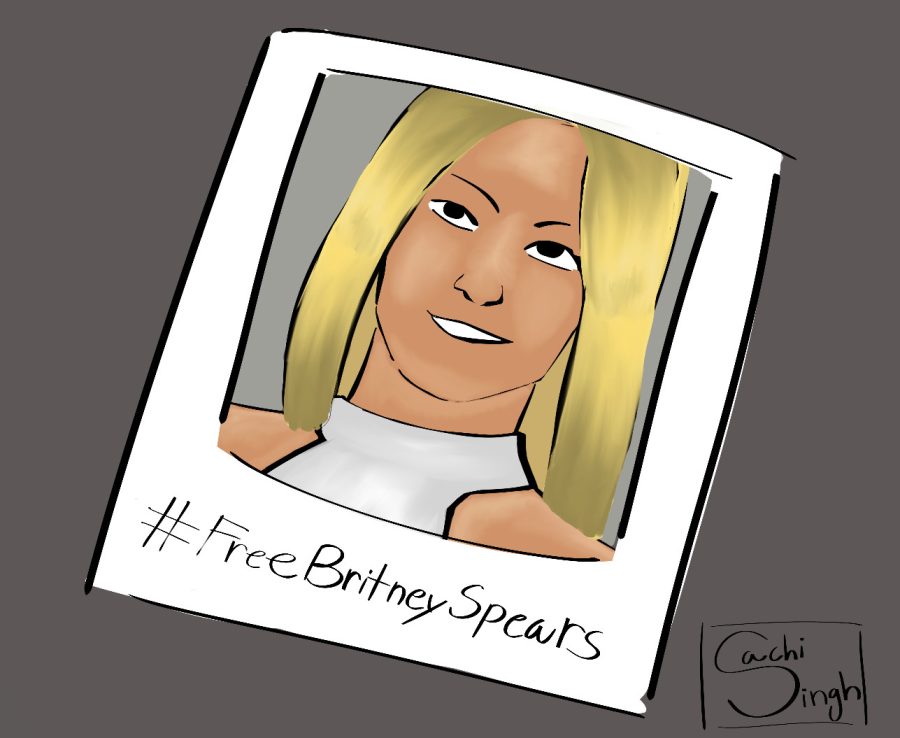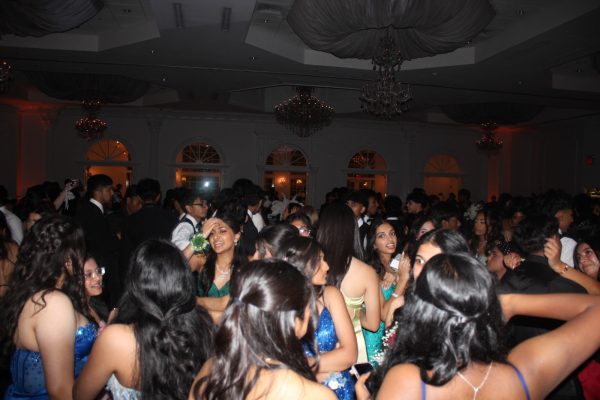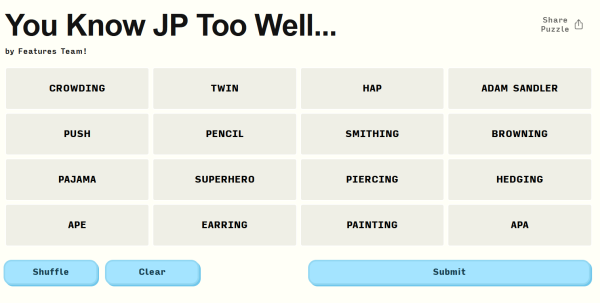Government V. Conspiracies
June 5, 2023
During trying times like quarantine, when the human brain was left alone with its thoughts, the mysterious world around us became increasingly more questionable — and we wanted answers. Trust in the government was skewed, so speculation increased. However, conspiracy theories have existed long before 2020, and their effect on the world has increased over time. These rambunctious human explanations of random events known as conspiracy theories are explanations that claim that there is a small group behind the scenes controlling any phenomenon or event. Conspiracy theories can be simplified into three parts: a small, heinous group responsible for the conspiring; a victim or multiple victims who are unfortunate and need help; and a “hero” who is trying to expose the villain through conspiracy theories and save the victims. Conspiracy theories continue to exist throughout our everyday lives, though we may not notice some of them. Many of us ridicule the unhinged ideas made through conspiracies, but after situations like quarantine or 9/11, those theories don’t seem so far off. Conspiracy theories can range from questioning celebrity deaths to even denying major historical events. The power of conspiracies and where they originate from are often overlooked by our society. Yet, conspiracy theories have grown to hold precedence over our world, and thus, it is important to pay attention to them and understand where they come from.
Conspiracy theories have been around centuries, which is a lot longer than what most people would assume. Originally, they were not as big as they are now; the turning point in the degree of such theories was when Judaism was manipulated and distorted by the views of other religions. People would claim, for example, that Jews would conspire with the devil in order to sneak their way into heaven. Hatred spiked, and the belief of this blatant lie caused many to blindly hate the Jewish community. After this, conspiracy as a whole became much more prevalent within society, leading to the substantial role that conspiracy theories have within society today.
Many conspiracies stem from chaotic situations. When people are scared, they blame others and deny the facts. During the Russian flu pandemic in 1883, a New York Times article was published claiming that electric light was responsible for the quick transmission of the virus. People were terrified of getting sick and wanted some scapegoat to center their frustrations and fears on. It was because of this that they jumped to conclusions without sufficient evidence, if only to have some explanation, albeit a misguided one. History repeats itself with the COVID-19 pandemic that happened back in 2020. A multitude of people created conspiracy theories around the government-issued vaccine that was being given out at the time. So, it is clear that throughout history, when people are presented with chaotic situations, conspiracy theories thrive and consume their believers in doubt.
Although social media has the ability to disseminate information to different parts of the world, it also has the capability to spread misinformation and propaganda, oftentimes through the form of conspiracy. There’s an increasing danger connecting social media and conspiracy theories because of how fast they can spread, as well as because of how easy it is to create the illusion of having reputable evidence to such a young and vulnerable audience.
In the political sense, many Americans have lost faith in the United State’s’ government. According to a Monmouth poll from the 2020 presidential election, 29% of the voting population believed that the election was fraudulent. That means that almost a third of people who voted do not have enough trust in the government to believe that the results were even authentic. In a social sense, the recent rise of influencers sharing their opinion and molding their young audiences also creates room for conspiracies. Shane Dawson is a prime example of this; as a famous internet personality with millions of followers, he was able to convince his fanbase that Chuck-E-Cheese was reusing their pizza. This theory was disproved soon, though, when it became obvious that Dawson was not a reliable source of the freshness of certain pizzas. However, the damage had already been done with Dawson’s eight million followers on Instagram, who collectively spread propaganda about Chuck-E-Cheese.
Corrupt conspiracies are discouraging for humanity as a whole, but there are also conspiracies that can be beneficial to the world. An example is the trend tag, #FreeBritney, which circulated around Twitter, Instagram, and TikTok back in 2020. After Britney Spears posted media that struck the fans as “weird” or “uncanny,” they claimed that Britney Spears was being forced to make videos. It was soon learned that she was under a conservatorship therefore she was unable to post what she wanted, with a legal guardian controlling her every move. #FreeBritney was reposted everywhere and by everyone, including celebrities like Snooki, Paris Hilton, and Miley Cyrus. There were protests on the streets and a lot of pressure was put on her legal guardians. With all the attention to her name, Britney was able to escape the conservatorship that was restricting her for over ten years.
Not all conspiracy theories are bad, but it is always important to be cautious because of the impact that conspiracies can have on the lives of others. Conspiracies that deny the deaths of famous people, or deny the existence of major events like 9/11 or the Holocaust are dangerous and disturbing. It is important for our society to not get involved with conspiracies like those. Conspiracy theories’ presence in society has also changed in a good way. More people are talking about their effects and are staying vigilant against conspiracies with no evidence. On top of that, the world has moved from a place where extreme distrust for government systems does not mean a conspiracy theory needs to be formulated at all. In the broad sense, conspiracies are just thoughts that people try to prove; it is important to stay vigilant and make sure not to trust everything that you read on the Internet.








































